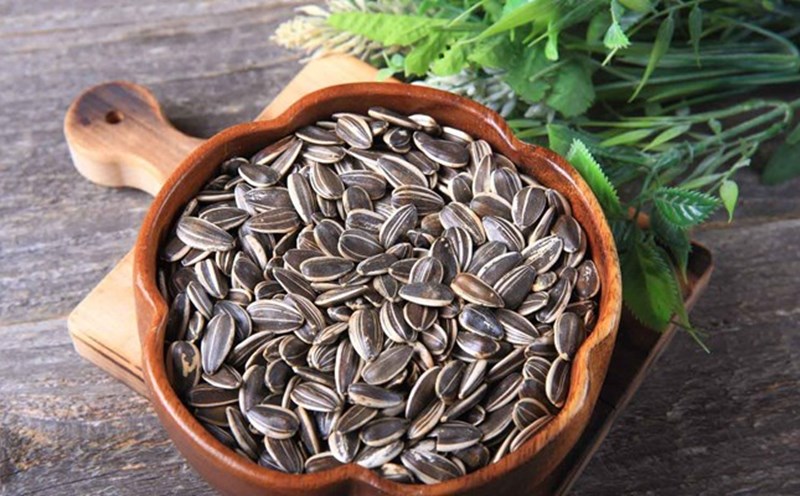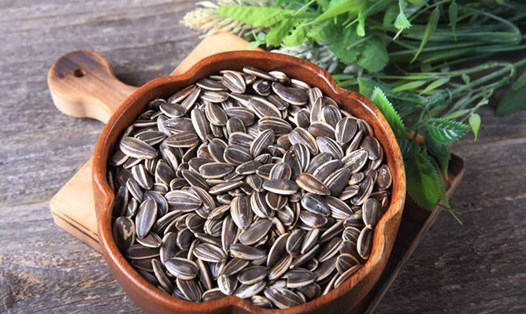Foods high in sugar and carbohydrates
Candies, jams, soft drinks and traditional dishes such as banh chung and banh tet contain very high amounts of sugar and starch.
According to the European Clinical Nutrition Study, excess carbohydrate consumption causes blood sugar to spike, putting a lot of pressure on the pancreas.
Irregular eating
Meals high in protein, fat and calories that occur continuously during Tet holidays can cause metabolic disorders.
According to the British Medical Association, irregular eating can lead to insulin resistance, making blood sugar more difficult to control.
Patients often ignore calculating appropriate food portions, leading to excessive calorie intake and weight gain - a risk factor that worsens diabetes.
Beer and alcoholic beverages
Beer and wine are popular drinks at Tet parties, but they are very harmful to people with diabetes.
According to research from the US National Institute of Diabetes and Kidney Diseases (NIDDK), alcohol consumption can reduce insulin sensitivity, increasing the risk of sudden hypoglycemia or hyperglycemia depending on the amount consumed and the time of drinking.
Alcohol also damages the liver and reduces the ability to metabolize glucose.
Lack of exercise
Tet is a time when people often relax and reduce physical activity. According to WHO, less physical activity reduces the body's efficiency in using glucose, causing blood sugar levels to rise.
In particular, a sedentary lifestyle combined with excess eating increases the risk of weight gain and worsens the condition.
Poor sleep and stress
Tet schedules are often busy with many festive activities, making patients susceptible to sleep deprivation or stress.
According to research from the American Journal of Endocrinology and Metabolism, stress and lack of sleep increase the hormone cortisol, which leads to increased blood sugar.
This not only makes it difficult to control the disease but also increases the risk of cardiovascular complications.
Advice from the experts:
Diet control: Prioritize low-sugar, low-carbohydrate foods such as green vegetables, nuts and lean meats.
Limit alcoholic beverages: Drink water or unsweetened tea instead.
Increase physical activity: Spend at least 30 minutes a day doing light exercise such as walking.
Get enough sleep: Keep a stable sleep schedule and avoid staying up late.
Monitor blood sugar regularly: Measure blood sugar before and after each meal to adjust your diet promptly.









